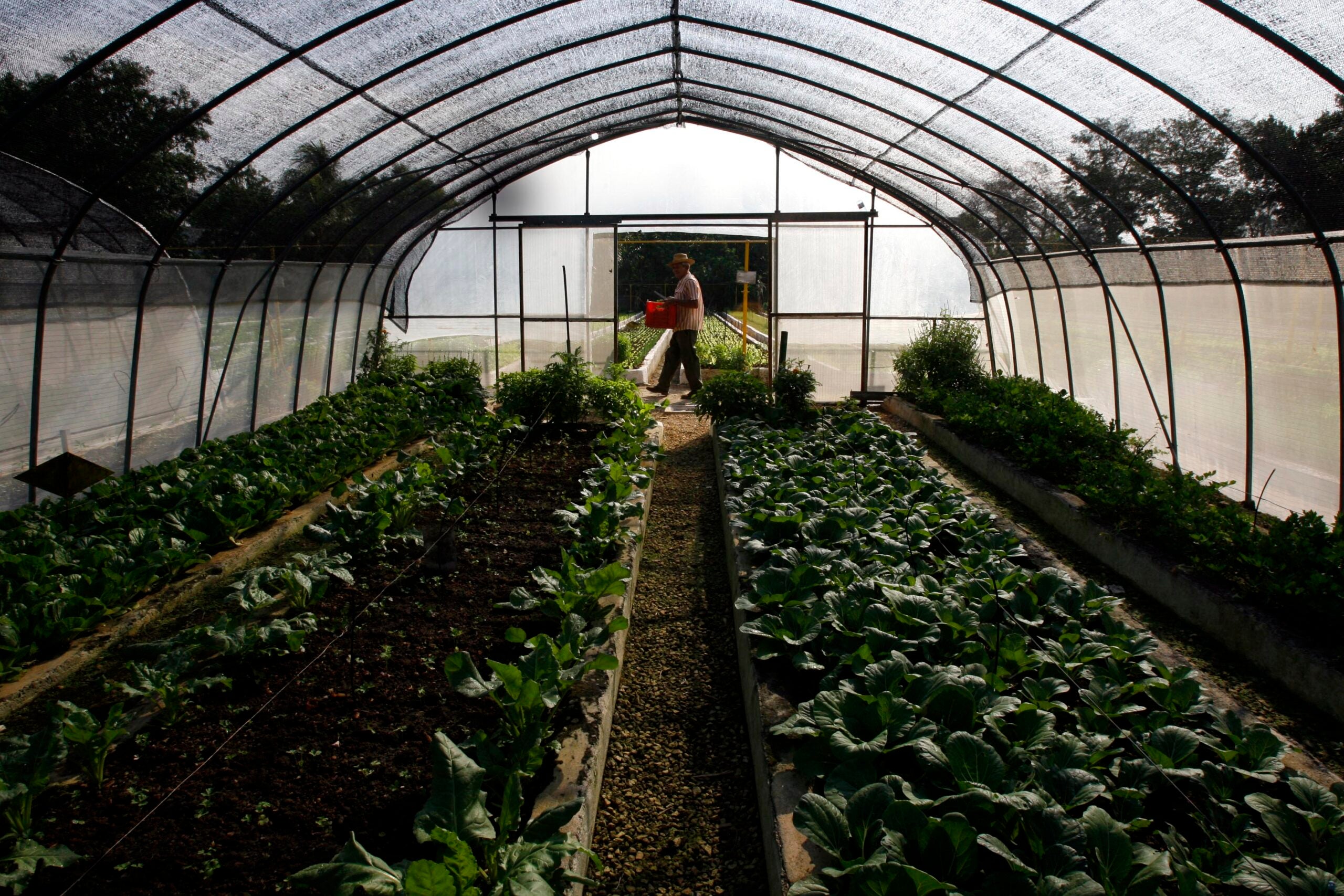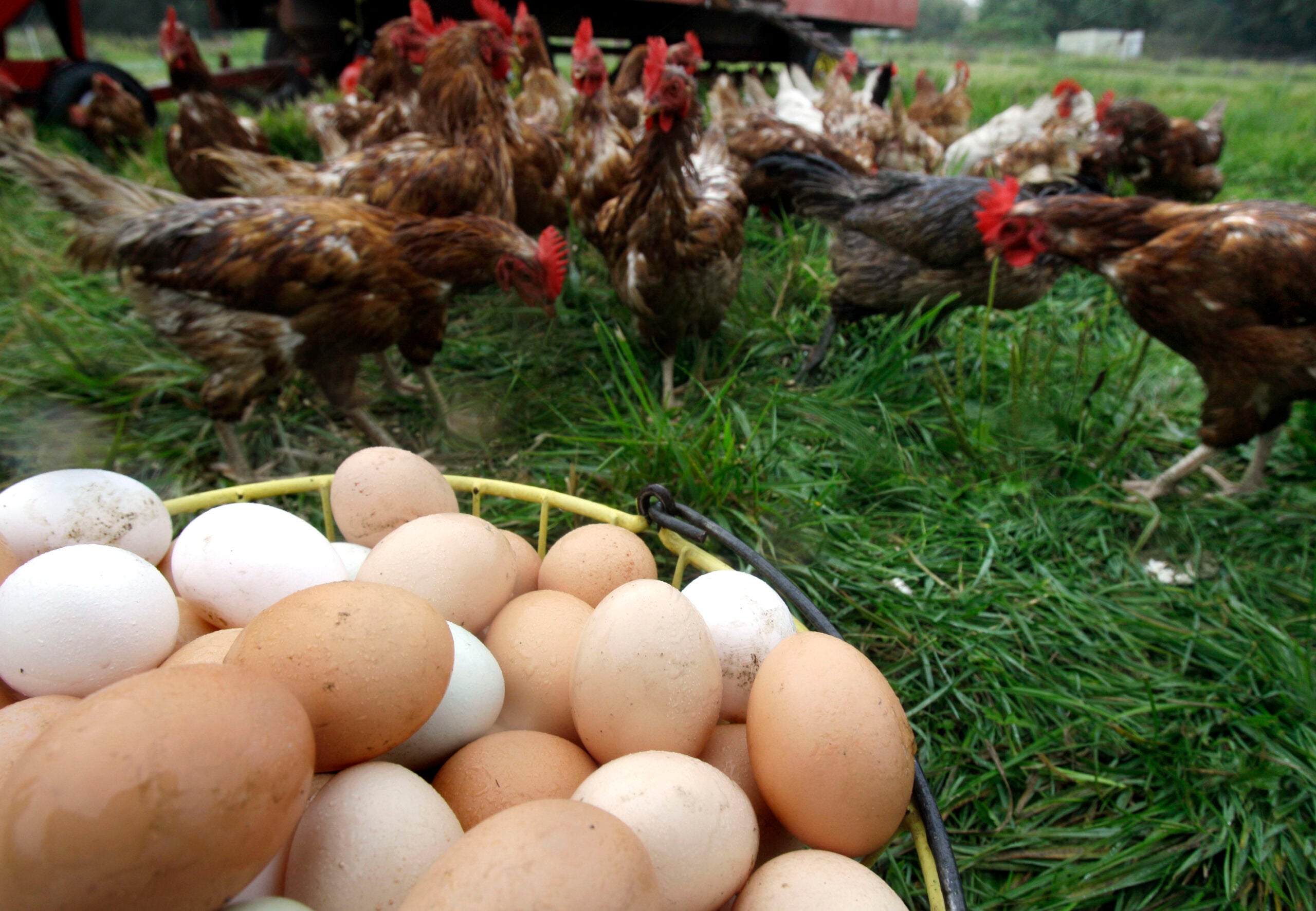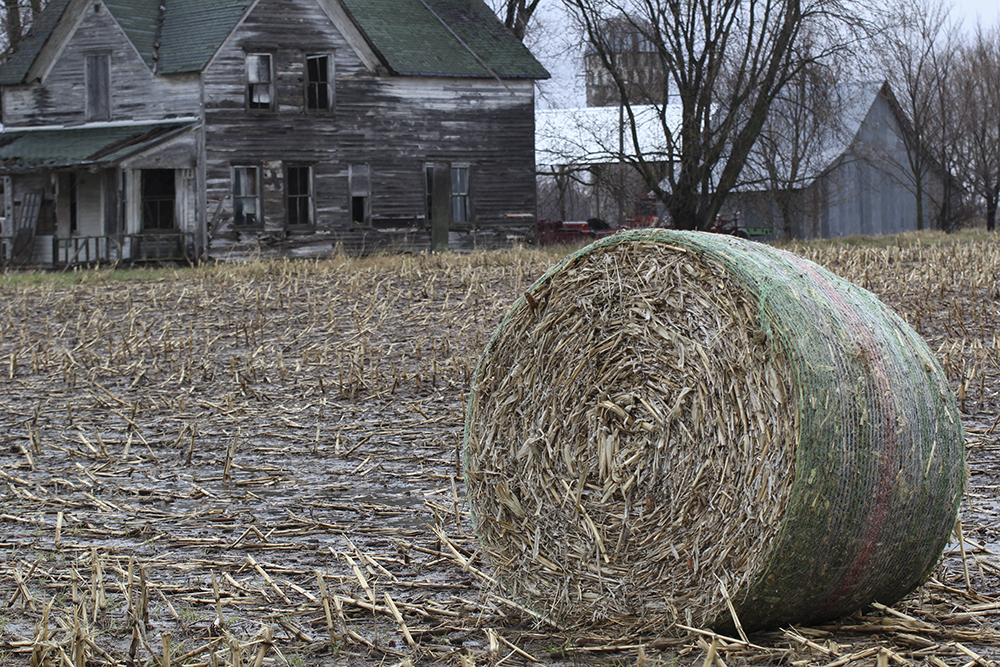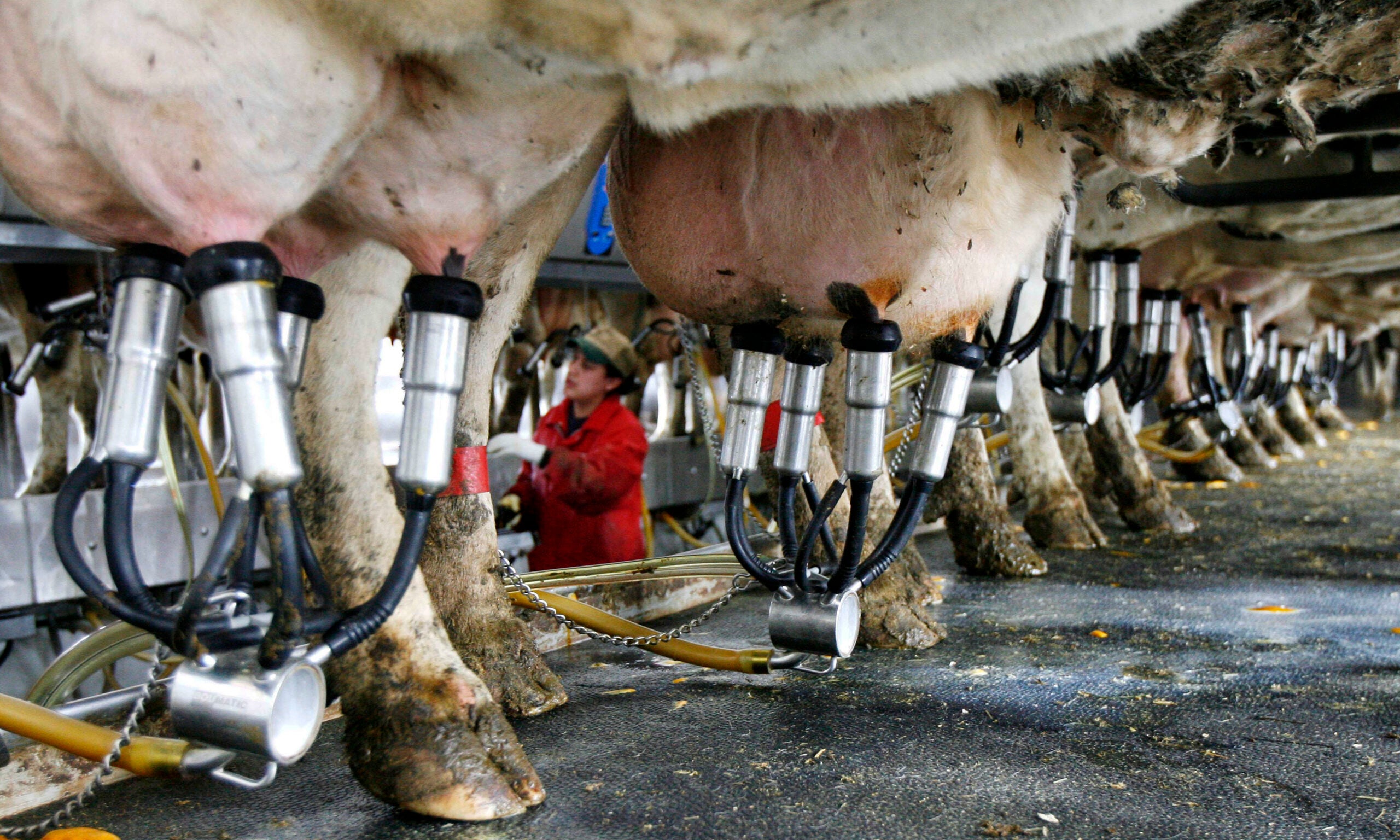Organic industry leaders in Wisconsin are applauding a recently-approved version of the Farm Bill for cracking down on fraud.
The U.S. Senate passed their version of the legislation on Thursday, June 28.
Based on legislation introduced by Wisconsin Senator Tammy Baldwin, the bill would require the U.S. Department of Agriculture to update tracking of imported organic agricultural products. Those shipments would be required to have an electronic import certificate, which would be consolidated into an annual report on the total number of organic imports accepted into the U.S.
Stay informed on the latest news
Sign up for WPR’s email newsletter.
Over the last year, reports of fraud and an internal audit have highlighted the USDA’s failure to enforce organic standards on imports.
John Mesko, executive director of the Midwest Organic and Sustainable Education Service, said the department’s current practices were developed when organic was a small, U.S.-based movement.
“Now we have a much more global organic industry,” Mesko said. “We have lots of people around the world trying to participate in that industry and reap some of the benefits of it. And frankly, we’re behind on our ability to keep up with the technology.”
The Senate farm bill would provide funding to modernize the USDA’s data collection process and create a working group with the U.S. Department of Homeland Security.
“It gives them adequate resources to perform the responsibilities Congress has charged them with, and that’s protecting consumers from fraud and ethical farmers and organic business people from unfair competition,” said Mark Kastel, co-founder of organic industry advocacy group The Cornucopia Institute.
Kastel said the new provisions will create a model similar to the European Union, creating less room for fraud on the international market.
“We have to have commensurate levels of oversight, otherwise we’re just sitting ducks here,” Kastel said.
Mesko said the USDA has the ability to update their system. But the political will to tackle the issue will determine whether or not the measure makes it into the final version of the Farm Bill.
“That’s a political discussion and I think that the key thing to keep in mind here is that this is an economic opportunity,” Mesko said.
He said American farmers have lost hundreds of millions of dollars in potential sales thanks to fake imports of organic grain.
Congress is expected to begin working out the differences between the House and Senate Farm Bills later this month.
Wisconsin Public Radio, © Copyright 2025, Board of Regents of the University of Wisconsin System and Wisconsin Educational Communications Board.





